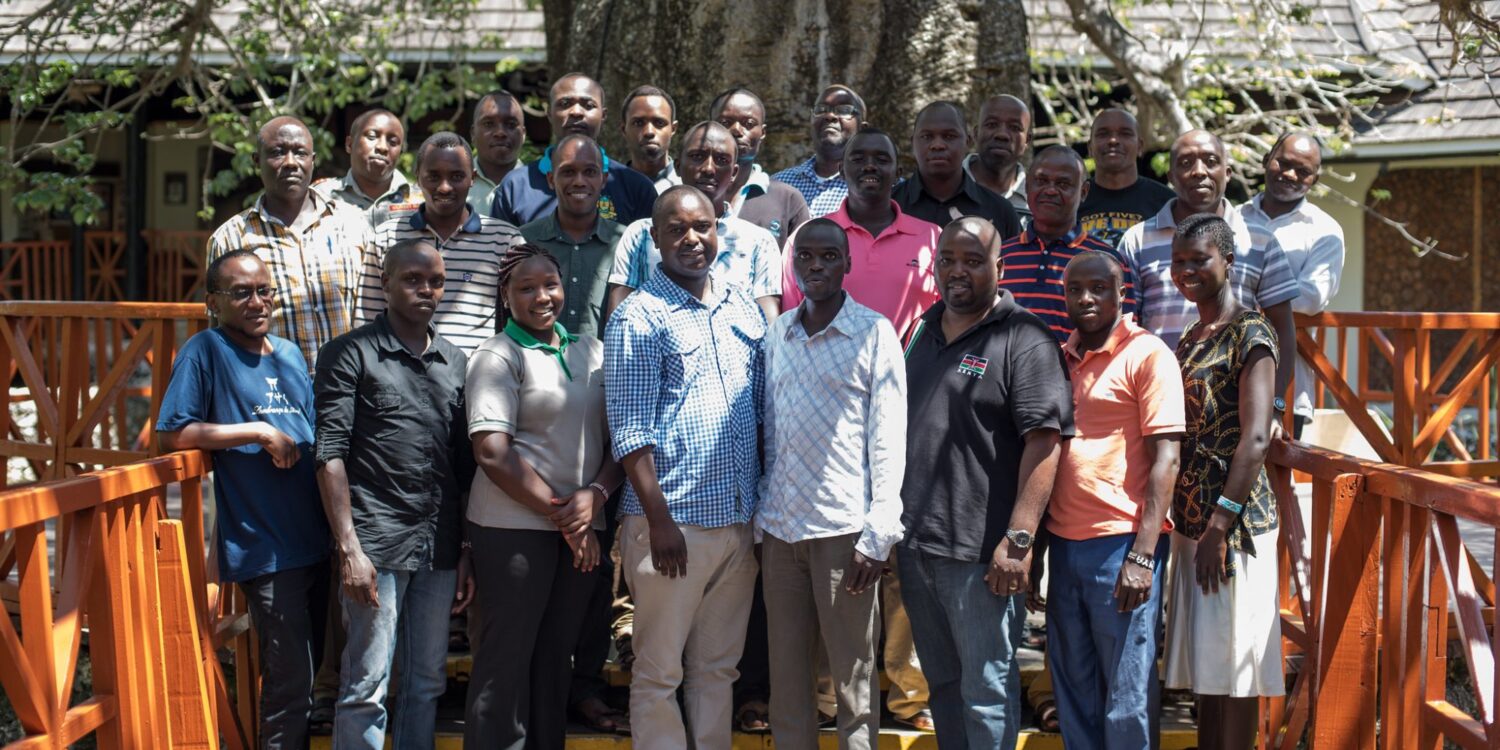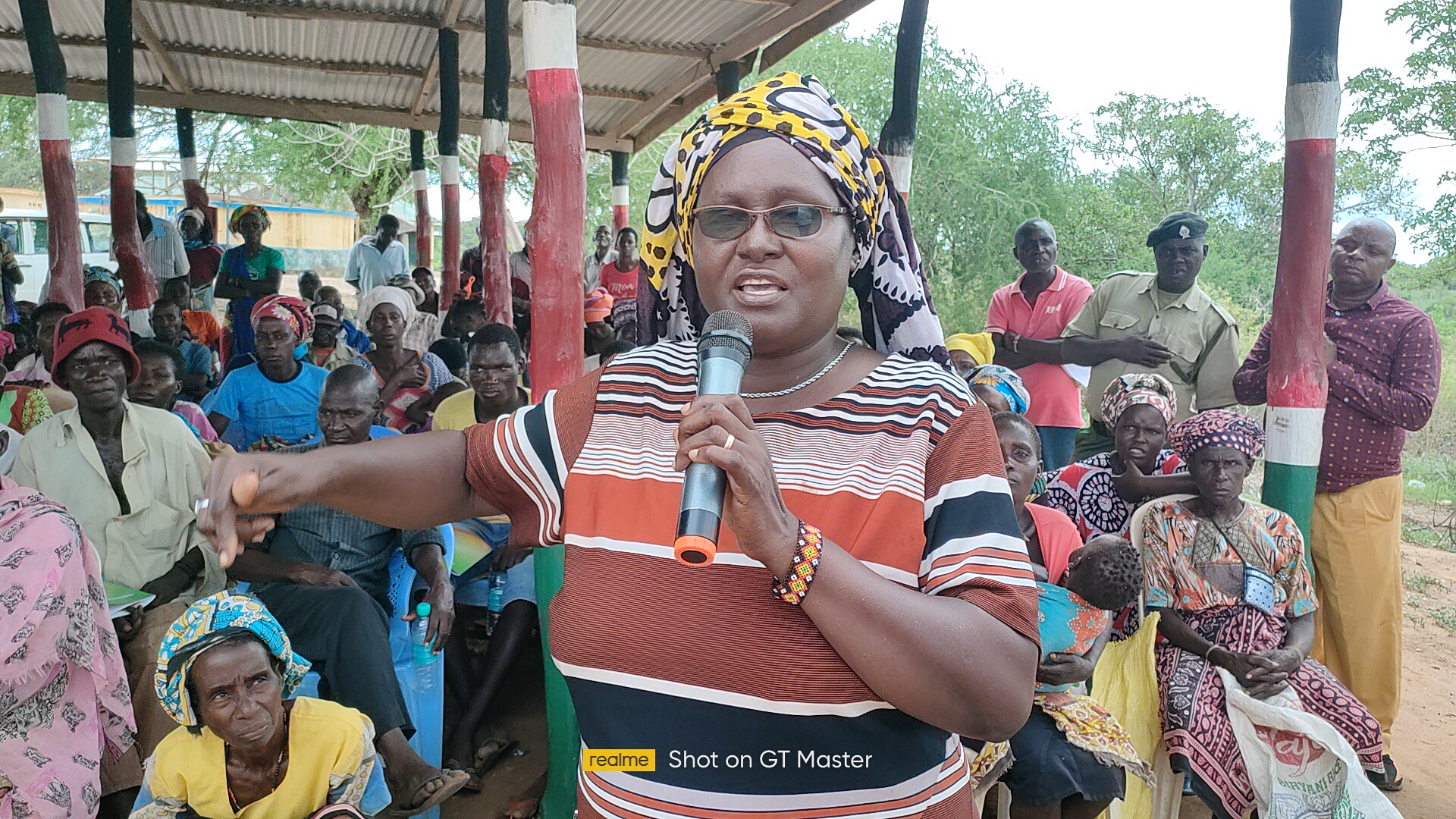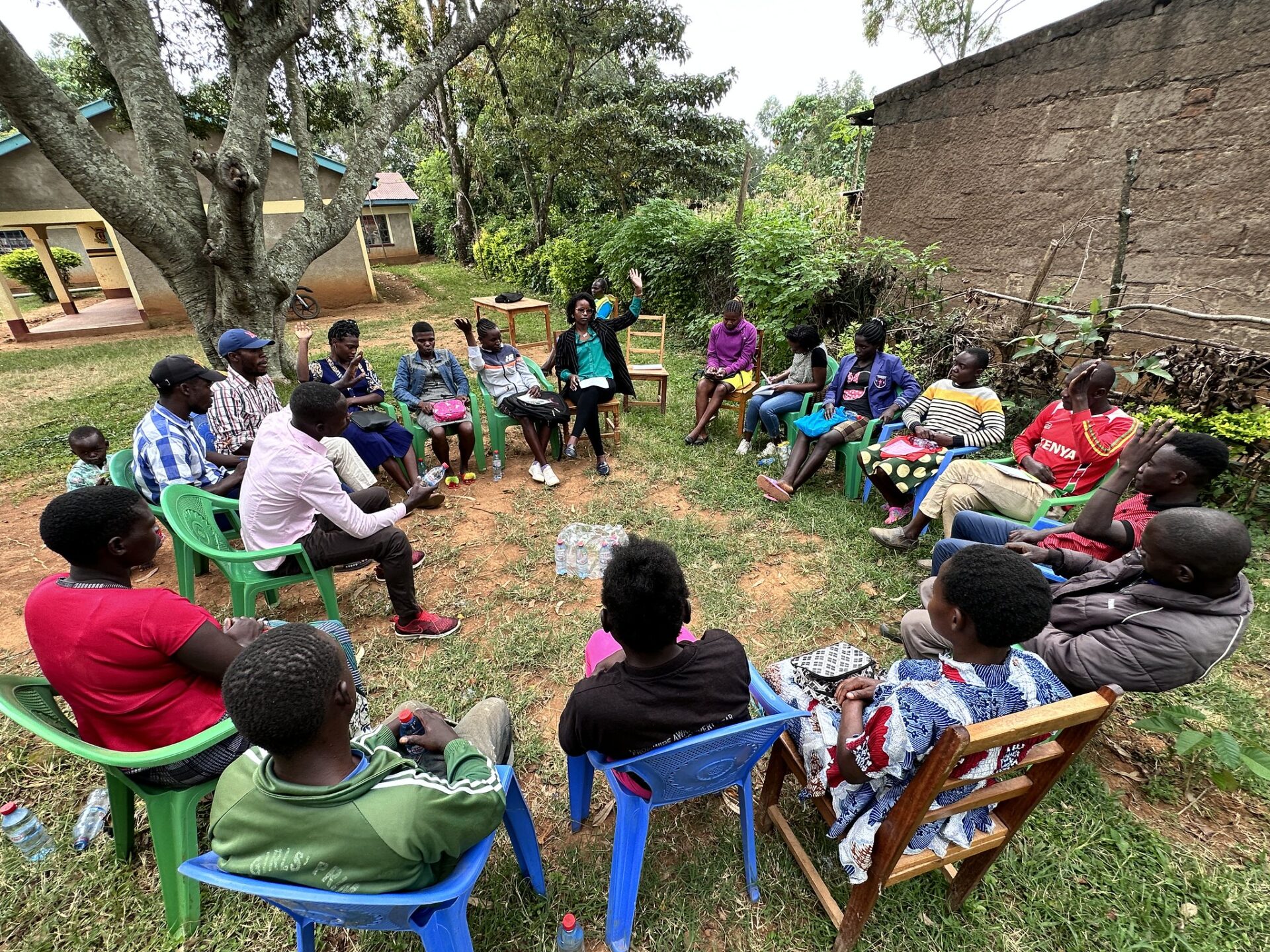In the last post on this series, we were commencing activities in Elgeyo Marakwet and Baringo counties. We defined the Open County (OC) Initiative and argued that it provides a structured framework through which county-level engagement between county government, private sector and civil society can be sustained. This is with the focus being data use and evidence in the participatory budgeting process; through strengthening data sharing (with the Open County Portal being the driving tool) via the ambit of a Data Desk.
On the week ending 12th April, 2019, a team from the Open Institute and data champions (drawn from all sectors) from Elgeyo Marakwet County met to not only to undertake training to strengthen the data collection process, validation and publication but to also identify the main challenges so as to co-create a customized approach for this process.
What did we learn?
Sectors that were of most concern included the Health, Water and Sanitation Sector (especially access to clean, piped drinking water) and
Production Sectors (especially livestock). Data in these sectors is difficult to keep updated – and the structure of data varies. Key challenges have been:
- Absence of data collection frameworks – especially at the local level such as the ward which does not cover all the requisite indicators (for example disasters, conflicts, updated household-level data) or is an irregular exercise;
- Improvement of data validation mechanisms;
- Addressing challenges of data confidentiality and privacy;
- Poor dissemination;
We also learnt that a lot of information that has been published – whilst qualifying as accessible, and reusable – it is not machine-readable and fails to qualify as open data. We also explored the Data Desk, its mandate and its resourcing requirements. We asked ourselves what personnel skills were needed and the technical ICT infrastructure required. Some of the responsibilities of the Data Desk identified include:
- Transferring any data from hard copy and PDF formats, to machine readable and reusable formats before upload in the Open County platform.
- Translation of (1) above into simple, reusable and generic templates.
- Verifying data quality by comparing it to source documents and any additional triangulation.
- Regularly updating data in the OC Platform.
- The data desk ought to also provide internal user support to data publishers at the county.
- Lastly, the data desk also interfaces by providing data to both internal (other staff at the county) and external users (the public, Council of Governors, county assembly, among others).
It will be interesting to see what similarities/differences will occur between counties (such as Baringo) and what process they will prefer for the Data Desk roll out.

What’s next?
After training, the data collection templates were refined and data compilation is ongoing. Also, the technical platform that enables the upload of data is being updated and upgraded to accommodate additional fields of data. This will form the basis for hands-on training, on the week ending 10th May 2019, for 3 data desk fellows that emphasizes data upload and how this addresses priority use cases from Elgeyo Marakwet County.
A big thanks goes to the team from Elgeyo Marakwet for the commitment and insights they have provided thus far. At OI, we remain excited about the prospect of the county strengthening publication and visualizing #DataThatMatters.













